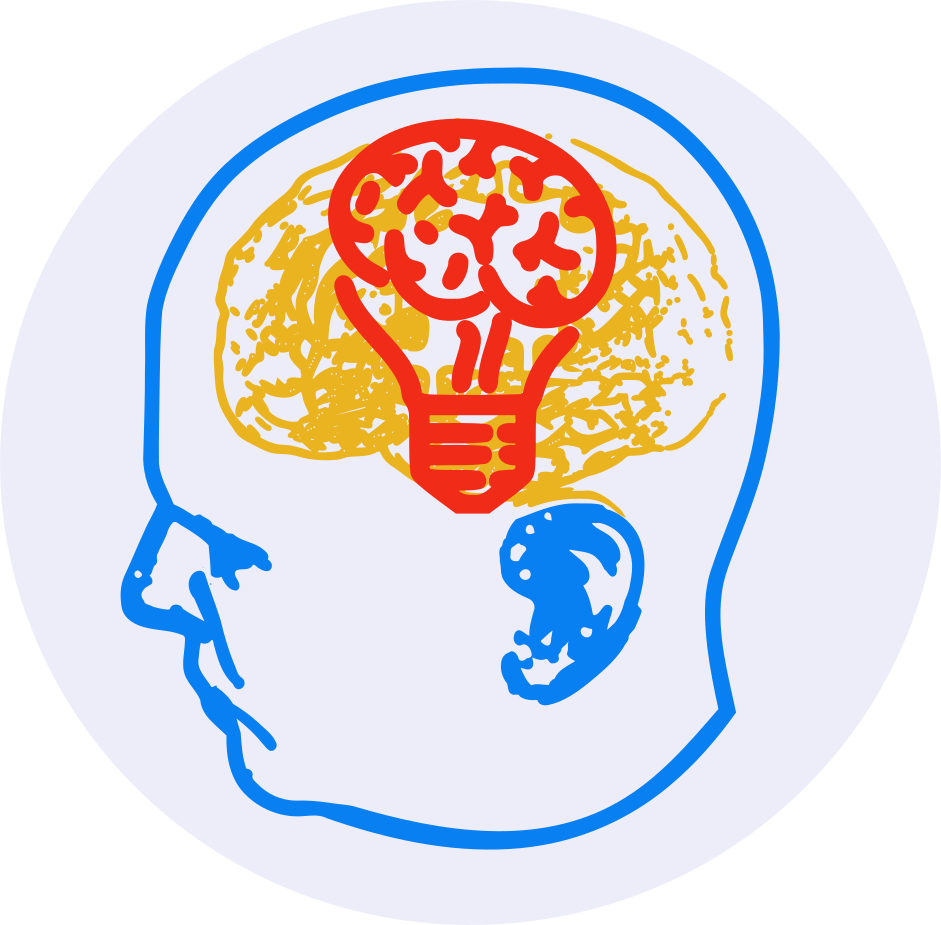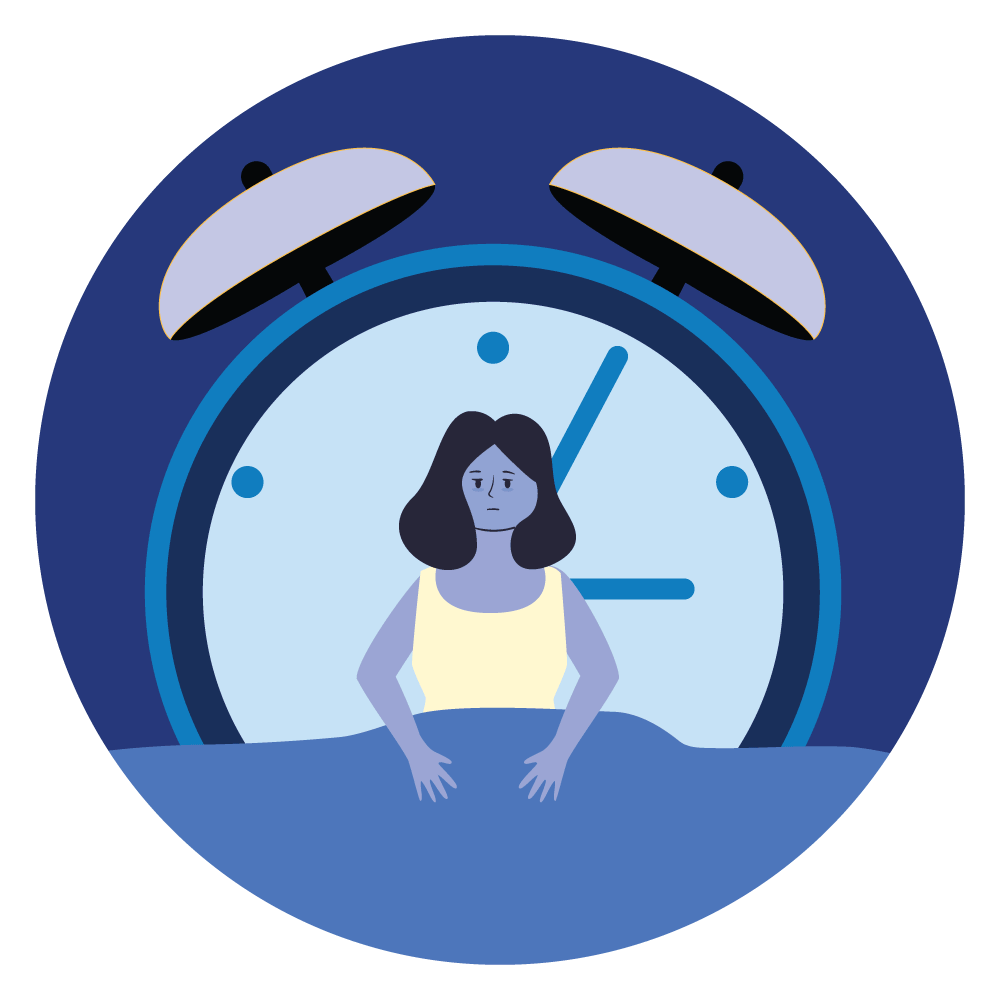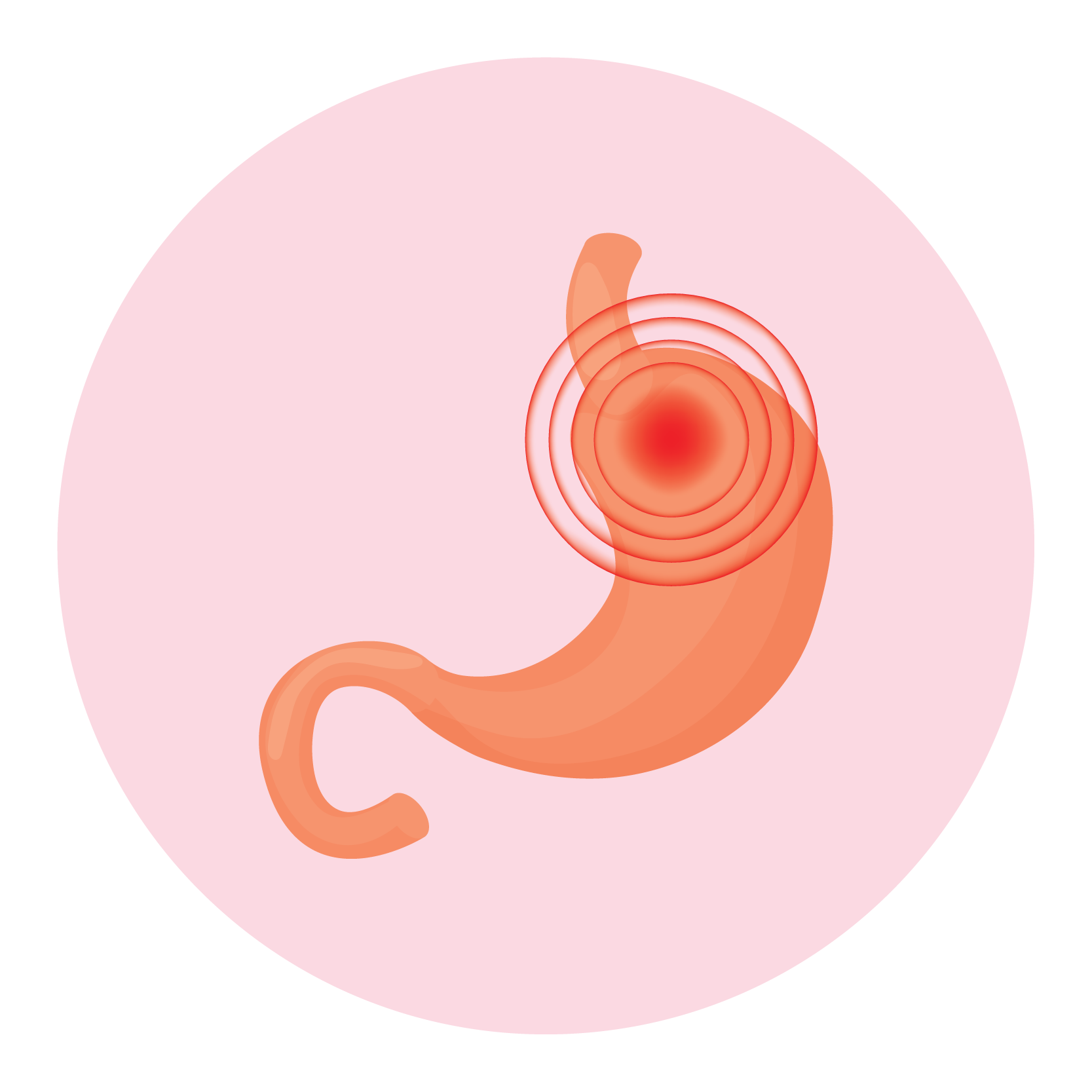| Name | Citicoline |
| Classes |
Central Nervous System Agent CNS stimulant |
| Diseases |
Alzheimer's Disease Dementia Glaucoma Head Injury Memory Loss Mental Disorder Parkinson's Disease Trauma |
Citicoline
Citicoline is a natural substance that is found in every cell in the body and is used to form phospholipids, which are essential components of cell membranes. The mechanism of action of citicoline involves increasing the levels of phospholipids in the brain, which in turn helps to improve the function of nerve cells and support the health and function of brain tissue. Additionally, citicoline has been shown to increase the levels of acetylcholine, a neurotransmitter that is important for memory and cognitive function.
Citicoline is indicated for the following neurological conditions-
- Cognitive decline associated with aging and brain injury
- Improvement of memory and cognitive function
- Treatment of stroke-related cognitive impairments
- Neuroprotection in conditions such as Parkinson's disease, Alzheimer's disease, and multiple sclerosis
- Treatment of attention deficit hyperactivity disorder (ADHD)
Citicoline is typically taken orally as a tablet or capsule, and the recommended dosage may vary based on the patient's individual needs and the condition being treated. Patients should take citicoline exactly as directed by their doctor and not exceed the recommended dose.
The most common side effects of citicoline are:
-
Gastrointestinal symptoms: Nausea, diarrhea, stomach upset, and abdominal pain have been reported.
-
Headache: Some patients may experience headaches while taking citicoline.
-
Dizziness: Dizziness and lightheadedness may occur in some patients taking citicoline.
-
Insomnia: Some patients may experience difficulty sleeping while taking citicoline.
-
Allergic reactions: Rare cases of allergic reactions, such as skin rashes, have been reported.
- Citicoline may cause gastrointestinal side effects, including nausea, diarrhea, and stomach upset.
- It may also interact with other medications, including anti-coagulant medications, and patients should inform their doctor about all medications they are taking before starting treatment with citicoline.
- Patients with high blood pressure or other cardiovascular conditions should use citicoline with caution.
- Patients with a history of seizure disorders should use citicoline with caution, as it may increase the risk of seizures.
- Citicoline may increase the risk of bleeding, especially in patients with bleeding disorders.
Contraindication
Citicoline should not be used by patients who are allergic to any of its ingredients.
None known.
None known.
 Bangla
Bangla English
English






